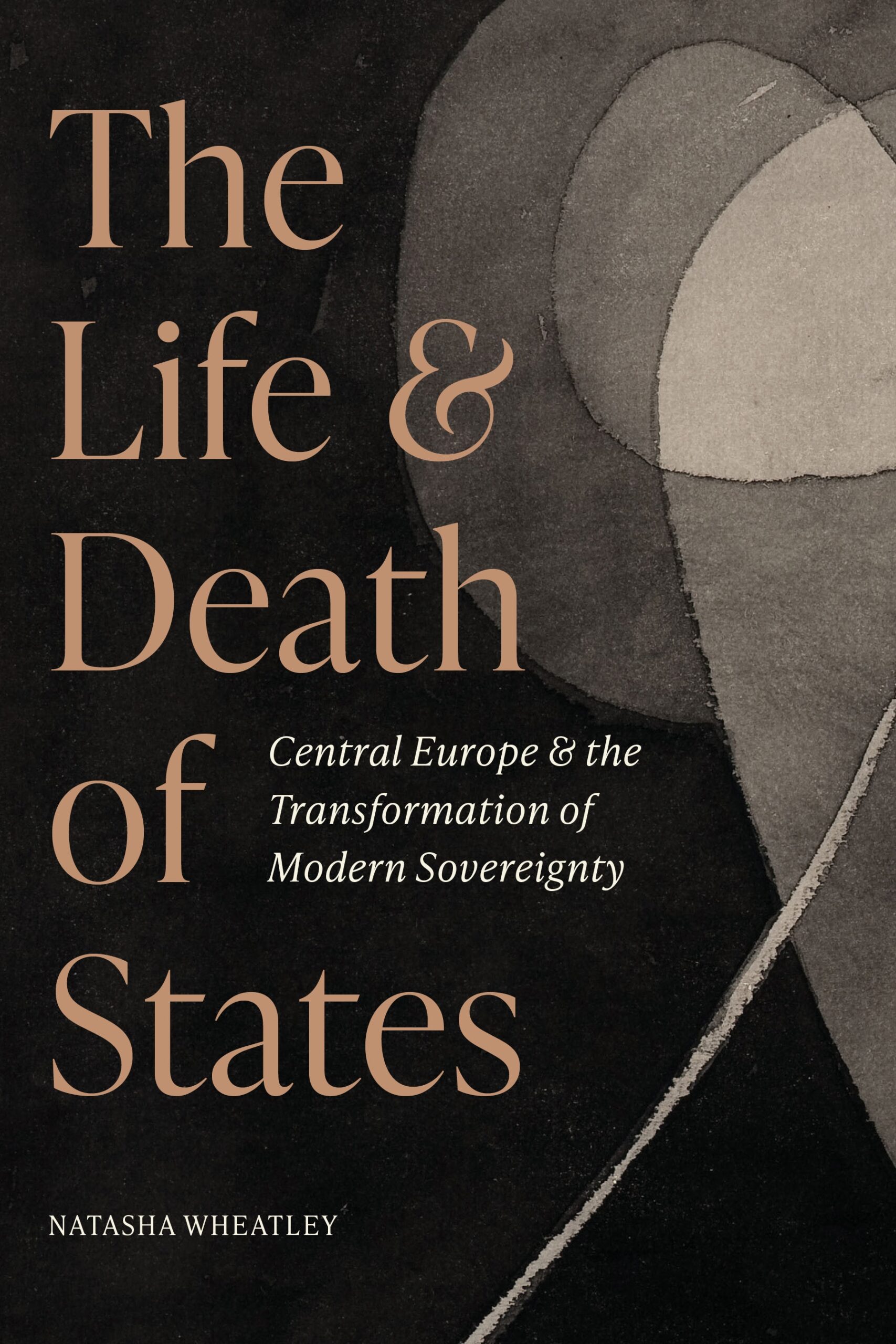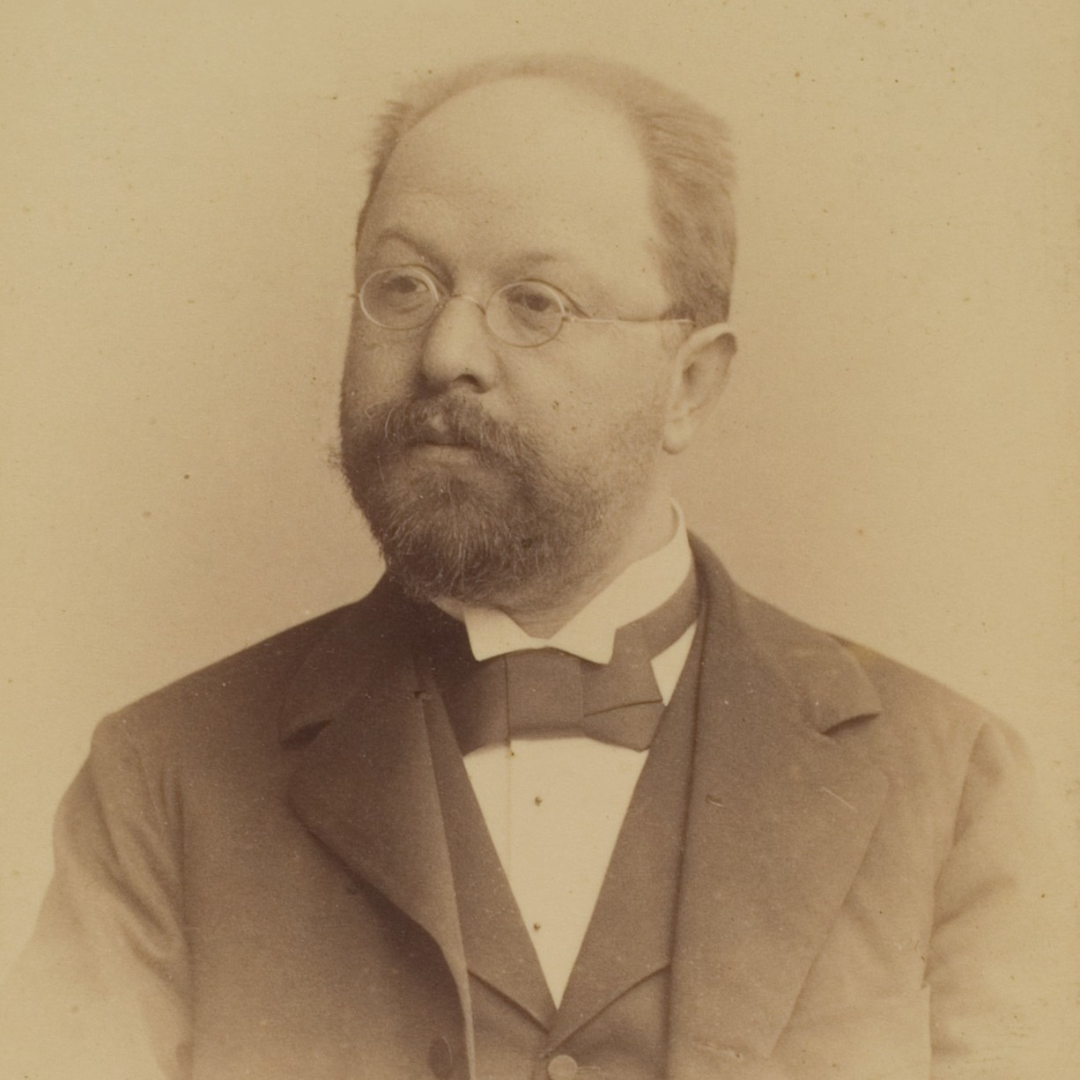Habsburg Central Europe as a crucible of world order

Published by: Princeton University Press

This exquisite, stylish and scintillating book rediscovers Habsburg Central Europe as a crucible of world order, as a site where practically important knowledge of and for the world was produced. The composite nature of the Habsburg Monarchy made Central European lawyers and political activists of different stripes demolish the darling dogma of the “sovereign nation state”: To them the alleged key features of the state, its untrammelled self-sufficiency, eternal life, ethno-linguistic homogeneity, and unanimous will, seemed baleful and bloodless fictions.
As Wheatley shows in a set of tightly argued chapters, the Habsburg Monarchy was in a state of permanent conceptual surgery between 1848 and 1918. Over that period, its legal experts and administrators produced new juristic forms for dispersed, diffracted sovereignties: Blueprints for shared, distributed and multi-level rule, for supreme judicial arbitration, the protection of national rights, and the primacy of international over municipal law. As eloquently stated in the book’s title, Wheatley’s heroes also discovered the chronopolitics of sovereignty, spending much effort and elbow grease to assert the uninterrupted existence of historical states like Bohemia, Hungary, Croatia or Carniola, submerged but not suffocated by the conglomerate Habsburg polity. By situating them afresh in their Central European environment, Wheatley sheds rich light on the works of Georg Jellinek (1851–1911), son of Vienna’s chief rabbi and nephew of one of the 1848er Revolutionaries executed by Prince Windischgrätz’s firing squad, as well as of Hans Kelsen (1881–1973) and his circle.
When general doctrines of the state failed to grasp the Habsburg case, this was the fault of the theories rather than of the Habsburg Monarchy which Wheatley’s cast de-pathologized into a model of world law. Moving into the twentieth century, the book’s findings dovetail with several fine recent studies that explore the Habsburg Monarchy and its successor states as test beds of global economic, cultural, health-related, and financial governance.1 In a final chapter, Wheatley also tries to identify pathways that linked the region with the global South. Focusing on Charles Alexandrowicz’s trajectory from Cracow to Madras, Sydney and London, she argues that the Habsburg-inspired study of state precarity, mortality, and resurgence hit its full stride only under the conditions of decolonization in the 1950s and 1960s
What many of Wheatley’s heroes had in common is their “marginal” social background, which was mostly low-wage and frequently Jewish, with ancestors who had only recently migrated to Central Europe’s urban centres.
As any book of this calibre, Wheatley’s volume provokes further questions. I will limit myself to highlighting only three here. First, Wheatley’s book enables us to grasp how the Habsburg polity worked as a shared space of concepts and practices via the history of translations. Wheatley not only draws attention to the processes of intense conceptual and value-trafficking between the Monarchy’s individual lands, i.e. when it comes to the local versions of the language of historical state rights,2 she also explores the transfers among different types of institutions scattered across these lands. Wheatley provides fascinating insights into the cross-fertilisation between the rights ascribed to old and new constitutive components of the Monarchy, between churches and national curias in non-territorial personal autonomy as well as between historical lands and nascent nationalities.
A second aspect that emerges somewhat surreptitiously from the book is the social history of state-making, state-breaking and state-resuscitating. What many of Wheatley’s heroes had in common is their “marginal” social background, which was mostly low-wage and frequently Jewish, with ancestors who had only recently migrated to Central Europe’s urban centres. Lacking inherited wealth or privileges, the successful careers of Wheatley’s protagonists permit us to gauge the rise of a versatile and self-confident, well-educated Habsburg middle class whose scope and skills we are only beginning to acknowledge. Recruited by the Habsburg state without being turned into its catspaws, these scholars reworked the assumptions they were supposed to sustain. Friedrich Tezner for example, a Jewish-born high functionary of the Imperial Administrative Court, gleefully sapped Habsburg nobilities’ claim that they embodied the sovereignty of their respective lands: Tezner was a shrewd critic of Hungary’s extension of aristocratic privileges to the kingdom’s commoners, whose right to participation was contingent on their self-Magyarisation. But bourgeois legal experts of Tezner’s ilk also showed that noble stewardship of the Monarchy’s ancient constitutions was a fiduciary and provisional, time-bound arrangement. Aspiring bourgeois lawyers and legal experts developed different strategies to ensure their own constituency’s active participation in the government of the Habsburg states: Think of Tezner’s counterparts in Hungary, the Jewish-born, self-Magyarised jurists who wholeheartedly subscribed to the liberal-nationalist cause in Hungary and helped found its state law (államjog).
Wheatley’s Central Europe produced locally rooted, creative solutions to increasingly global challenges.
Third, how coherent was the “Western” concept of sovereignty that Wheatley’s heroes sought to demolish? Does not the admission of Austria-Hungary, Cisleithania, and Hungary to the 1902 Brussels sugar convention suggest that criteria of statehood were pretty fluid and malleable, particularly when it came to sprawling international administrative cooperation and the work of technical bodies of adjudication?3 Wheatley argues that Habsburg jurists discarded positivist international law’s standards of civilization and Christianity – but does this assumption hold water when we look at the Monarchy’s actual power-bargaining and claim-making? If it is the case that the Monarchy’s functionaries did not share the “Western” attitude of condescension vis-à-vis the “non-West,” was this not due to their century-old diplomatic savoir faire and hands-on expertise, e.g. in its dealings with the Ottoman Empire?4 Building on Wheatley’s book, future work at the interstices of intellectual history, the history of science and the history of diplomacy will be able to clarify the specific features of the Habsburg Monarchy’s engagement with the world and the impact of its conceptual resources on twentieth-century international relations.
Finally: From a methodological point of view, Wheatley’s superb study helps us to rethink the place of the Habsburg past in global history. The book is so important because it subverts the entrenched divides between European and non-European history (e.g. by applying Marshall Sahlin’s and Sheldon Pollock’s work to the Habsburg lands), as well as between modernity and pre-modernity, or progress and delay. Wheatley’s Central Europe produced locally rooted, creative solutions to increasingly global challenges. Her book effectively refutes the tendency to study the Habsburg polity as a quasi-colonial regime that can be simply lumped together with Britain and France under the unhelpful umbrella term of “empire.” The crucial takeaway message seems to me to be the following one: If we rebrand the Habsburg lands into an archetypically modern polity to enhance its visibility in global history, we begrudge ourselves precious insights about the shaky nature of the “West” and of “modernity.” The history of Central Europe is so riveting because it permits us to question the yardstick of progress it allegedly failed to live up to.
Franz L. Fillafer is a historian of Habsburg Central Europe since the eighteenth century who works at the Austrian Academy of Sciences. Before coming to Vienna he held positions at Cambridge, London, Constance and Florence. Fillafer’s most recent book is: Aufklärung habsburgisch. Staatsbildung, Wissenskultur und Geschichtspolitik in Zentraleuropa, 1750–1850, 2nd ed. (Göttingen: Wallstein, 2022).
1 See Quinn Slobodian, The Globalists: The End of Empire and the Birth of Neoliberalism (Cambridge, Mass.: Harvard University Press 2018); Peter Becker, Natasha Wheatley (eds.), Remaking Central Europe. The League of Nations and the Former Habsburg Lands (Oxford: Oxford University Press 2020), Börries Kuzmany, Vom Umgang mit nationaler Vielfalt: Eine Geschichte der nicht-territorialen Autonomie in Europa (Berlin: De Gruyter 2024).
2 See e.g. the Wallachian, Slovak, and Croatian varieties of contractualism that commonly build on the trope of an “empire by invitation,” Jura regni Croatiae, Dalmatiae et Slavoniae, ed. by Ivan Kukuljević Bassani de Sacchi vol. II (Zagrebiae: Velocibus Typis Dris. Ludovici Gaj 1862) 106 and Ladislav Heka, “Hrvatsko-ugarski javnopravni prijepori,” Zbornik Pravnog fakulteta u Zagrebu 63 (2013), 1257–1292, 1275–1276; Áron Kovács, “‘Tulajdon magok jószántából kezet adva, Tuhutumot a magyarok vezérét választották uruknak.’ Természetjogi elemek a ‘Supplex Libellus Valachorum’ érvrendszerében,” Egyháztörténeti szemle 14 (2012), 100–105; on Juraj Papánek’s, Juraj Fándly’s and Juraj Sklenár’s 1793 Compendiata historia gentis see Jan Tibenský, Juraj Fándli (Bratislava: Vydavateľstvo Slovenskej akadémie vied 1950), 148–159: Árpád appears as Romulus, while Upper-Hungarian Slavs are citizens of Hungary like St Paul was a citizen of Rome with which his native city Tarsus had contracted an alliance, c.f. Benjamín Pravoslav Červenák, Zrcadlo Slovenska (Pest: Károlyi Trattner 1844), 59.
3 See e.g. Douglas Howland, “An Alternative Mode of International Order: The International Administrative Union in the Nineteenth Century”, Review of International Studies 41 (2015), 161–183; Arnulf Becker Lorca Mestizo, International Law: A Global Intellectual History 1842–1933 (Cambridge: Cambridge University Press 2015).
4 See Barbara Haider-Wilson, Österreichs friedlicher Kreuzzug 1839-1917: Das Heilige Land in Außenpolitik, Gesellschaft und Mentalitäten der Habsburgermonarchie (Vienna: Austrian Academy of Sciences 2021); Miroslav Šedivý, Metternich, the Great Powers, and the Eastern Question (Plzeň: Západočeská univerzita v Plzni 2013).
